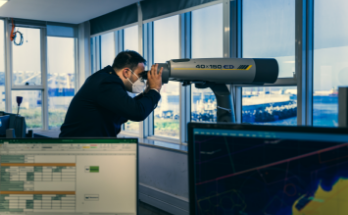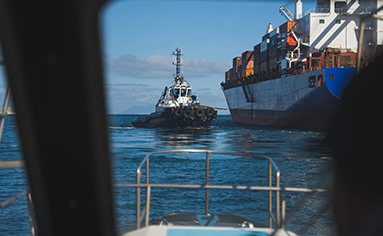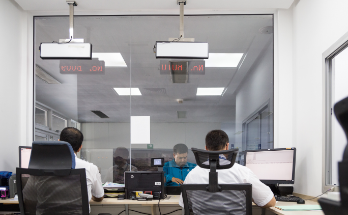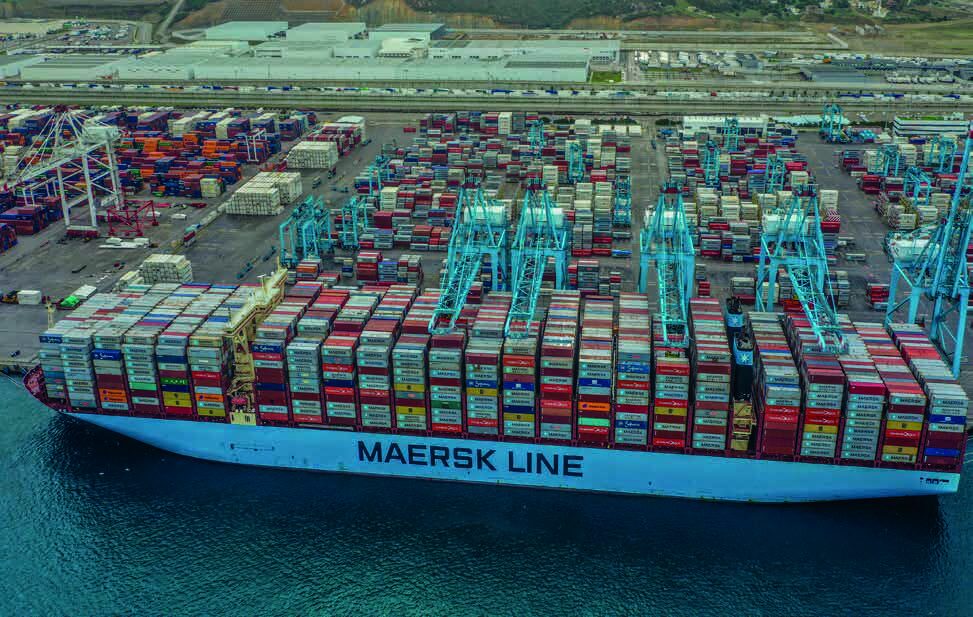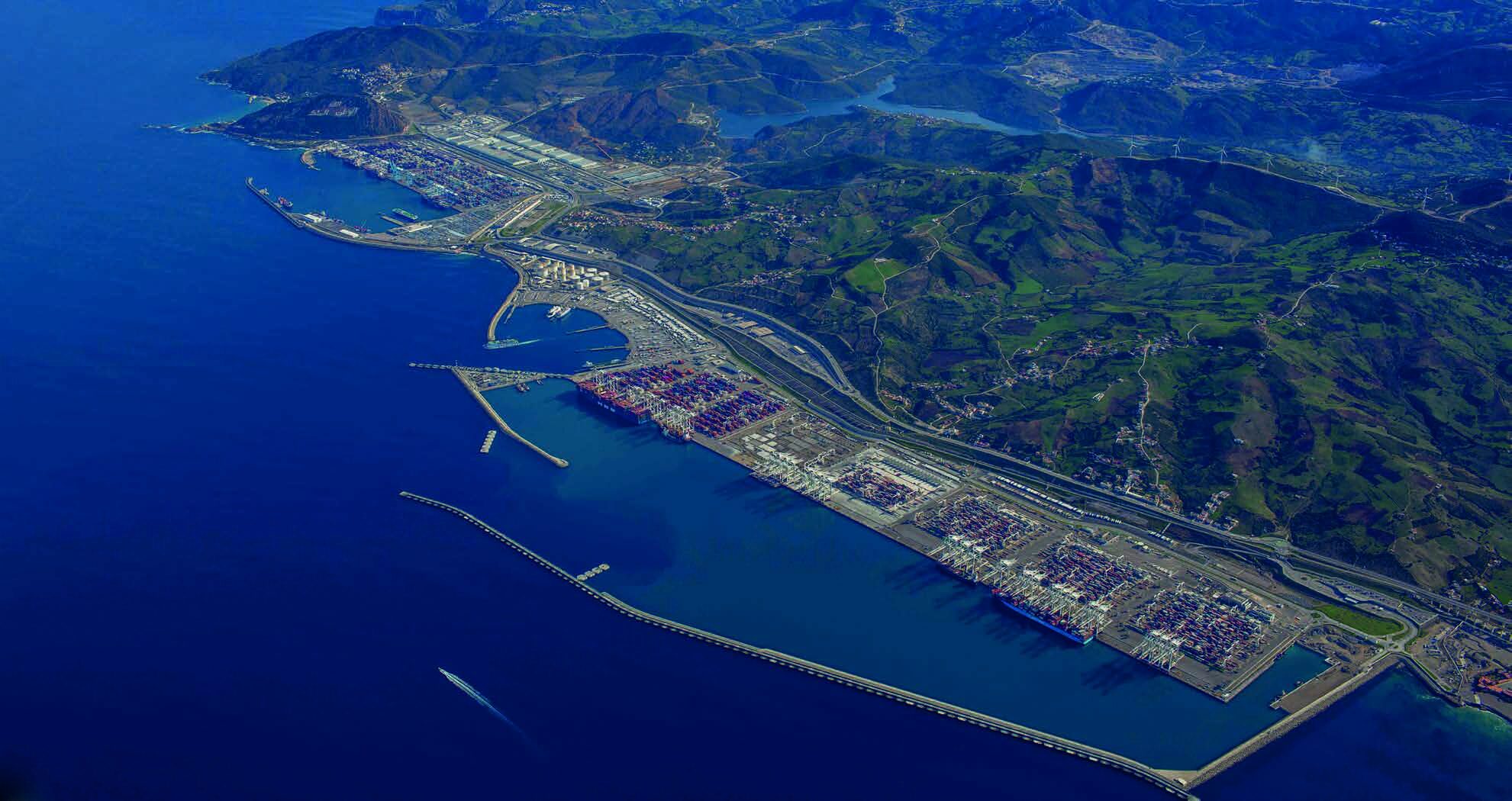
Mr. Fouad Brini, Chairman of Tanger Med Group, was invited to participate in the 47th session of the Academy of the Kingdom of Morocco held between May 24th and 27th under the theme “The Mediterranean as a Reference Point”. A theme that brought together several academics, thinkers, and researchers from fifteen countries, in order to address the issues raised by the economic, ecological, geopolitical, and cultural transformations that drive the Mediterranean area.
He opened the 4th session of the event on May 26th in a panel made up of economists, anthropologists, and academics dealing with the economic and social dimension in the Mediterranean and the development projects within it. Mr. Fouad Brini spoke about the position of the Mediterranean within the global maritime routes. Considering this area as a true civilizational crossroads, recalling that the Mediterranean was a unique line of contact between Europe and Africa, but also between the East and the West. He pointed out that pursuant to its development, a thousand years ago, the first maritime routes were developed, the result of a commercial reality, which still today, sets the pace for our economies and lifestyles.
He then referred to the role of globalization which has increased the weight of maritime trade in global trade, now amounting to 90% of the total volume of world trade. He mentioned three key levers that have contributed, since the 1960s, to the intensification of world trade, particularly by sea. First of all, oil has changed transportation systems. Second, the container, an ordinary metal box, has revolutionized global trade and boosted the share of maritime transport in world trade, thanks to its indisputable advantages in terms of productivity, volume consolidation, and intermodality. He also discussed the emergence of the manufacturing power of Asian countries which has accelerated the phenomenon of globalization and supported the dominance of maritime trade.

He mentioned the role of the Mediterranean and the Suez Canal Straits, strategic locations that punctuate the maritime routes and allow shipowners to save considerable time. He recalled that the Mediterranean concentrates three of the world’s eight strategic passages and 20% of world maritime trade.
In addition to these major points, Mr. Fouad Brini said that the Mediterranean has emerged as a place of transit for global shipping routes that have fostered the development of industrial port hubs that ensure the connection with the land, and which are supported by shipping companies to transship their goods and carry out their import-export operations. The Tanger Med project, born of the vision of his Majesty King Mohammed VI, has become, in the space of a few years, a leading industrial and logistical hub in the Mediterranean, helping to place Morocco among the world’s greatest maritime nations.
The Chairman also mentioned the crises that have been experienced since 2019, the uncertainties that have arisen, and the questions that have been raised about the future positioning of the Mediterranean within maritime exchanges. He reiterated the challenges that need to be addressed in order to ensure resilient supply chains and their sustainability. He also mentioned the geopolitical but also industrial and logistical stakes, new elements of sovereignty of the economies. A new paradigm is emerging: the relocation of production near consumption centers, which could position the Mediterranean as a competitive advantage for Europe from Africa.
He also pointed out the environmental issue by noting that maritime trade accounts for a significant share of global greenhouse gas emissions. He spoke of the race to decarbonize the industry and shipping, with carbon neutrality targets for 2050. He also raised the opportunities that such a transition could generate and in particular the emergence of new hubs of clean energy supply in the Mediterranean, capable of reconfiguring North-South relations.
Finally, he mentioned the central role of digitization and Data in maintaining supply chains. This role is confirmed by e-commerce leaders such as Amazon or Alibaba, whose mastery of data has enabled them to build a real lead in terms of logistics and door-to-door offers. He concluded by saying that the control of trade was once in the hands of the maritime leadership, but that today, and certainly in the future, this control will be in the hands of those who handle and utilize the Data.




